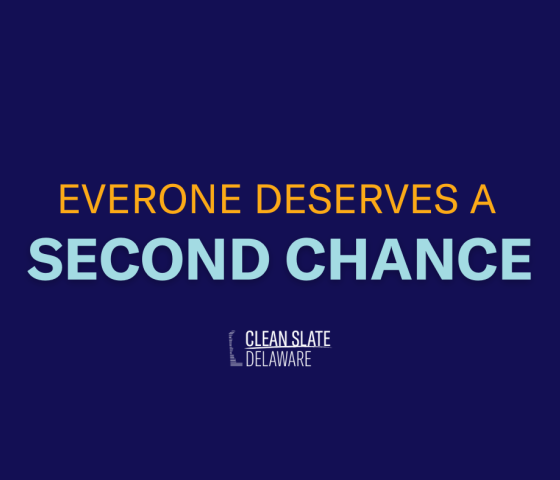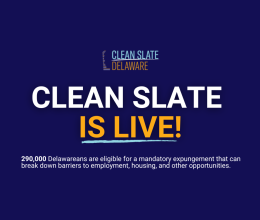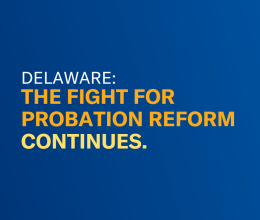By: Renata B. Kowalczyk, CEO of Wilmington Alliance
Labor shortage crises are impacting employers nationwide, and Delaware is not immune to the challenges. Currently, Delaware ranks 40th in labor force participation with only 63 available workers for every 100 open jobs. As our state continues to undergo rapid population growth, employers are finding it increasingly challenging to fill essential positions, paving the way for long-term implications like decreased economic productivity, higher costs, and a decline in standards of living. We need innovative solutions that address the workforce gap now.
This is just one of the many reasons why Delaware’s business community must embrace second chances hiring models that offer employment to people living with a record. Advocating for the successful implementation of Delaware’s Clean Slate Act will liberate nearly a third of the state’s population from the burden of a record through an automated expungement process set to begin this August.
In Delaware, up to 400,000 people are saddled with records that block their access to jobs. These individuals are barred from full participation in society and robbed of critical opportunities to contribute to their local communities and economy. With nearly 9 in 10 employers using background checks to screen applicants, people living with records are half as likely as other jobseekers to get a call back. When employers commit to breaking down these barriers and help enable Delawareans with records to secure employment, successful reentry becomes a reality. Research shows that second chance hires are motivated and productive employees who perform the same as, or better than, employees without a record.
Moreover, second chance hiring and Clean Slate policies address immediate labor shortage challenges while encouraging workplaces that foster long-term employee loyalty. Research by economists confirms that businesses that hire people with records see higher retention rates and lower turnover, leading to a stronger, more stable workforce. A reliable team of employees significantly reduces costs associated with frequent recruitment and training, allowing businesses to devote more resources to their own growth. When businesses grow, communities prosper and financial health improves for our entire state. Shutting people with records out of the labor market costs the country up to $87 billion in lost gross domestic product annually. The effects of these losses can have damaging impacts on our daily lives. Increasing our workforce can avoid unnecessary financial losses, revitalize our local economies, and improve outcomes for everyone.
In March, the Delaware Business Roundtable identified the state’s declining labor force participation rate as a principal barrier to future economic growth in the newly published Delaware Invesment Agenda. Among the key recommendations is a call for Delaware businesses, nonprofits, and political leadership to advocate for increased support for returning individuals to ensure access to work opportunities. Ahead of Clean Slate’s implementation in August, it’s time to take this call to action seriously.
Enabling returning community members to find secure employment means fewer people behind bars, healthier communities, and a larger pool of employees and job seekers. Each of these provides benefits for employees, employers, and our entire state. Delaware’s business community must make it our responsibility to foster our state’s growth by ensuring the successful implementation of the Clean Slate Act. This means supporting second chance opportunities for Delawareans so they can get off the sidelines and back into the workforce.
Commit to working to ensure that Clean Slate's implementation is as smooth as possible for the people who need that relief as soon as possible. Visit action.aclu.org/second-chance-pledge to join the growing momentum moving Clean Slate policies forward throughout Delaware and the country.










